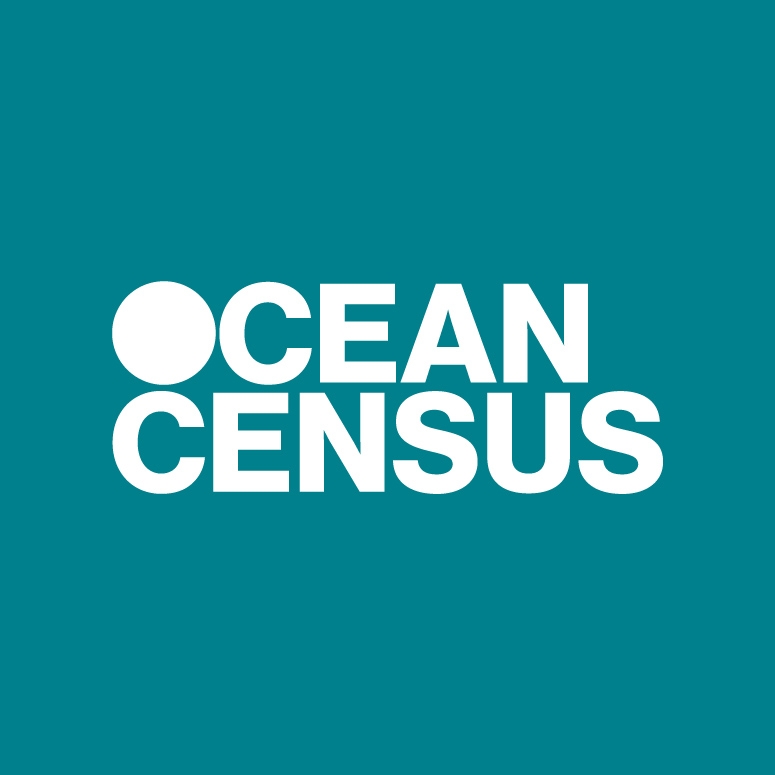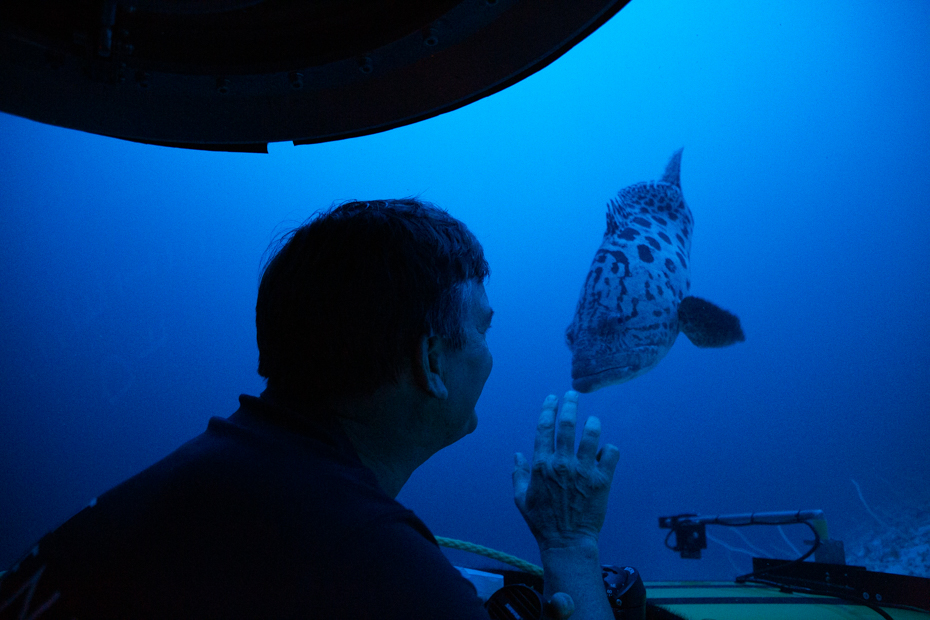
Ocean Census
 Ocean Census is a global collaborative initiative, an open network of science, business, media and civil society organisations joining forces.
Ocean Census is a global collaborative initiative, an open network of science, business, media and civil society organisations joining forces.
It has been founded by The Nippon Foundation, the largest non-profit foundation in Japan that focuses on philanthropy through social innovation, and Nekton, a UK-based marine science and conservation institute. The project’s headquarters is in Oxford, UK.
As part of this network, scientists from the Wellcome Sanger Institute’s Tree of Life Programme hope to discover more about the DNA of as-yet-unknown species living in the ocean. As new organisms are collected for the project, they will be preserved in such a way that they can be sent to Sanger, where we can generate a baseline understanding of their genomes. This will forever more create a record of what that organism’s DNA looks like.
Why seek new species in the ocean?

We can’t protect what we don’t know exists. We have a race against time to discover ocean life before it is lost for generations to come.
Knowledge gathered by Ocean Census will revolutionise our understanding of life on Earth and how to protect the ocean – the environment responsible for much of the air we breathe, regulating our climate, and a vital food source for billions.
Ocean Census will create an immense wealth of openly accessible knowledge that will benefit and sustain all life on Earth, for humankind and our planet.
Scientists believe little more than 10% of what lives in our seas has been found and there are around two million species still undiscovered. Ocean Census builds on major programmes of the past including The Challenger Expeditions (1872-1876, the birth of modern marine science) and The Census of Marine Life (2000-2010).

For the past 200 years, the work of finding and scientifically describing species (taxonomy) has been a slow, methodical process – the average rate of new species discovery hasn’t changed much since the 1800s. It stands at around 2,000 a year. Traditional taxonomy is unable to meet the challenges of the climate and biodiversity crises that scientists expect will result in the loss of the majority of species on Earth.
Revolutions in technologies such as digital imaging, sequencing and machine learning, now make it possible to discover ocean life at speed and at scale. It currently takes one to two years to several decades to describe a new species after it is collected by scientists but utilising new technologies and sharing the knowledge gained using cloud-based approaches, it will now only take a few months.

How will the project work?
Over the coming years, scientists from around the world will embark on dozens of expeditions to the ocean’s biodiversity hotspots to find new life from the surface to full ocean depth. Combining vessels from the philanthropic, government and commercial fleets, they will be deploying a combination of advanced subsea technologies with divers, submarines and deep-sea robots.
Species discovered on expeditions will be sent for high resolution imaging and DNA sequencing in a network of Ocean Census Biodiversity Centres to be established in high, middle, and low-income nations around the world. Networks of taxonomists will connect virtually to draw what the scientific team calls ‘Digital Life Forms’ to complete species descriptions.
The aggregated, open-sourced data will be added to a network of data centres globally and made freely accessible to scientists, decision makers, and the public.
This new foundation of knowledge can help advance our understanding of fundamental science – oxygen production, carbon cycling, sustainable food production, the evolution of life on Earth and even discoveries of new medicine and biotechnologies.

Visit the Ocean Census website for more details, or follow on Facebook, Instagram and LinkedIn.
Initial core funding for Ocean Census is provided by the Nippon Foundation. The alliance of partners involved are also committing their own resources to the global effort.
Sanger people

Dr Mara Lawniczak
Senior Group Leader

Professor Mark Blaxter
Head of the Tree of Life Programme and Senior Group Leader
External Contributors

Professor Alex Rogers
Ocean Census Science Director

Yohei Sasakawa
Chairman, The Nippon Foundation
External partners and funders
External
Nippon Foundation
The Nippon Foundation, the largest non-profit foundation in Japan that was established in 1962 for the purpose of carrying out philanthropic activities in areas that extend from eradicating leprosy, providing free education, food security, and above all, issues that surround the marine environment and maritime safety.
External
Nekton
Nekton works to accelerate the scientific exploration and conservation of the ocean for people and the planet. Nekton is an independent, not-for-profit research institute and is a UK registered charity.
Affiliated Sites
External